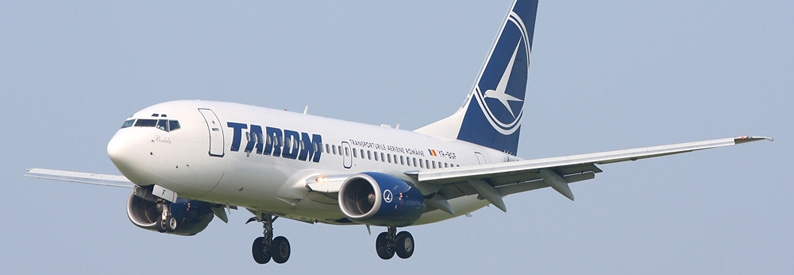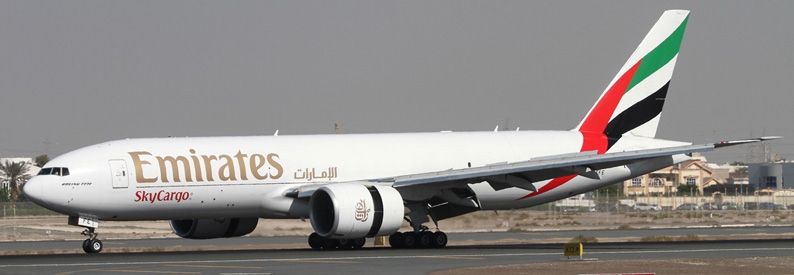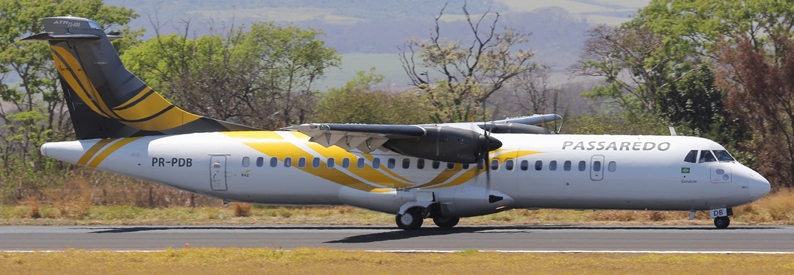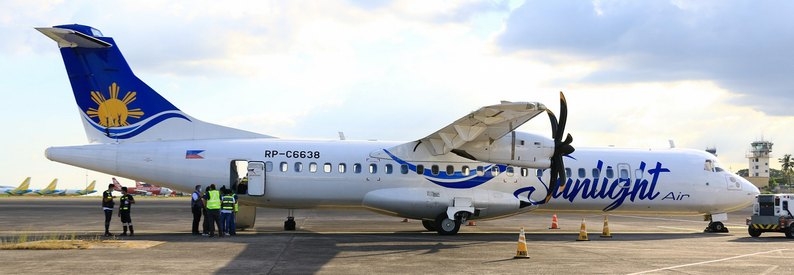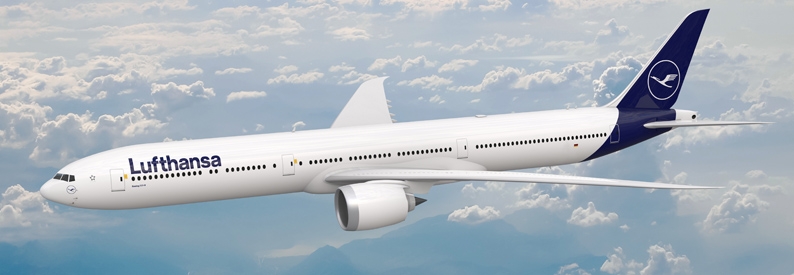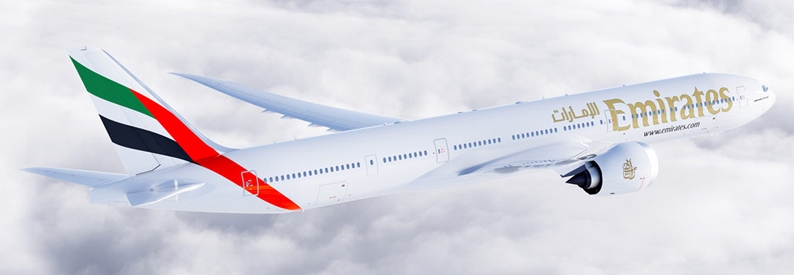Emirates (EK, Dubai International) will explore options of adding further fifth freedom routes but will not treat this as a strategic priority, Chief Executive Tim Clark told Airline Business in an interview.
"Fifth-freedom operations do not drive or underpin our business model. But when we look at the situation geographically, economically, certain things are staring us in the face. So could anything happen after that is anyone's guess," Clark said.
According to the ch-aviation schedules module, Emirates' fifth freedom operations currently include daily services from Accra to Abidjan, from Athens to New York Newark, from Bangkok Suvarnabhumi to Hong Kong International and Phnom Penh, from Denpasar to Auckland International, from Larnaca to Malta International, from Malé to Colombo International, from Milan Malpensa to New York JFK, from Singapore Changi to both Brisbane International and Melbourne Tullamarine, and from Sydney Kingsford Smith to Christchurch. It also operates from Rio de Janeiro International to both Buenos Aires Ministro Pistarini and Santiago de Chile and from Lusaka to Harare International several times per week. The airline will also launch flights from Barcelona El Prat to México City International on December 9, 2019.
Clark underlined that given the downturn in the global economy and fierce competition from regional rivals, such Qatar Airways, Turkish Airlines, and Oman Air, Emirates has implemented a strict cost regime.
"We've been smarter about aligning capacity to the situation, we haven't had large numbers of aircraft being delivered. We have been adapting our network on a prudent and immediate basis. And we've spent a lot of time on our revenue models to ensure that we optimise the revenue per seat kilometre," Clark said.
One of the carrier's initiatives is the close cooperation with fellow state-owned airline flydubai (FZ, Dubai International). Although the two airlines remain separately run, they are closely aligned on the operational level, including an extensive code-share agreement between the two.
Clark added that the cooperation with flydubai was one of the means available to alleviate increasingly troublesome capacity constraints at Dubai International. Specifically, flydubai-operated narrowbody operations could be moved to off-peak hours when gates are available. While this might lead to longer connection times for some passengers, Clark is convinced that Emirates will remain more competitive than other airlines.
Emirates is also not "unduly concerned" about the delayed entry into service of the B777-9. The carrier was due to be one of the first customers with deliveries commencing in mid-2020. However, the type's entry into service was recently formally deferred to early 2021.
"When the 777Xs were due we had a line of retirements planned - we've already got rid of some early B777-300(ER)s and the classics and -300s have gone... So from June of next year right the way through to when we get clarity, we have the ability to stop the replacement/retirement programme. So I'm not unduly concerned," Clark said.
Emirates has thirty-five B777-8s and 115 -9s on firm order from Boeing.

